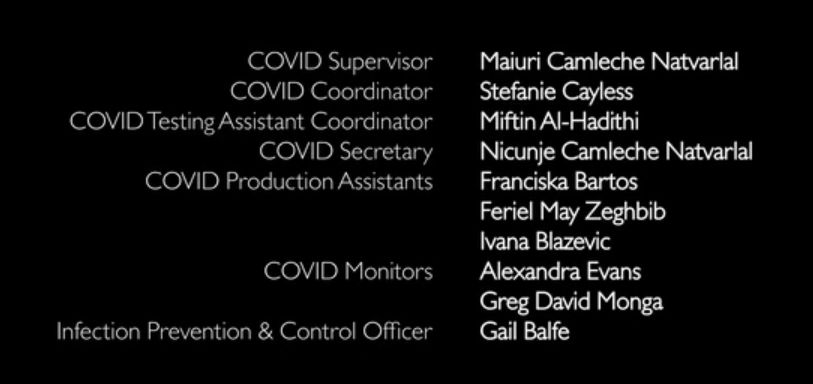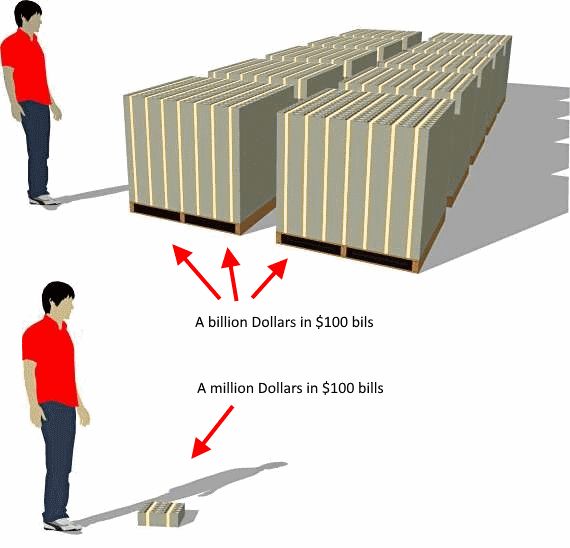Exponential this, accelerated that. I’m still feeling triggered by those words. I tend to see them as invitations to exceed sustainable work. More often than not, going at high speed (the result of acceleration and exponential thinking) causes us to miss things.
Think about the difference of driving a car on the highway compared to taking a walk on a trail. When you’re in the car, the only thing you can really pay attention to are things far away. You completely miss things near you because you’re passing them so quickly. When you’re on the trail, you have the ability to really take in your surroundings in detail, seeing all the textures and patterns in the natural world.
Perhaps this story can illustrate as well: The other day, I was trying to go shopping. To do that, I had to exit the alley behind the house onto city surface streets. Near the alley exit there is a telephone pole on the right, and on this day a car was parked on the left, so close that my car barely fit through the opening between the pole and the other car. What did I do to make sure neither car got any damage? I slowed down so I could check and re-check the distance between my side mirrors and the car and pole. Imagine if I had floored the gas pedal and just taken my best guess at how to steer. Most likely, that would have ended badly, either for my car or the other car.
Why do we rush so much in our lives? What are we chasing? Why is so much about acceleration and exponentiality?
Originally posted on 2023-08-14 at 21:14 via https://www.linkedin.com/feed/update/urn%3Ali%3Ashare%3A7096962269506375681


